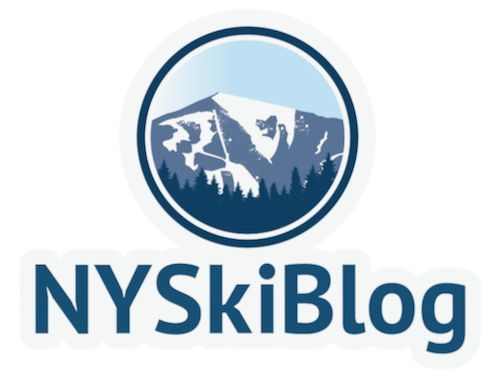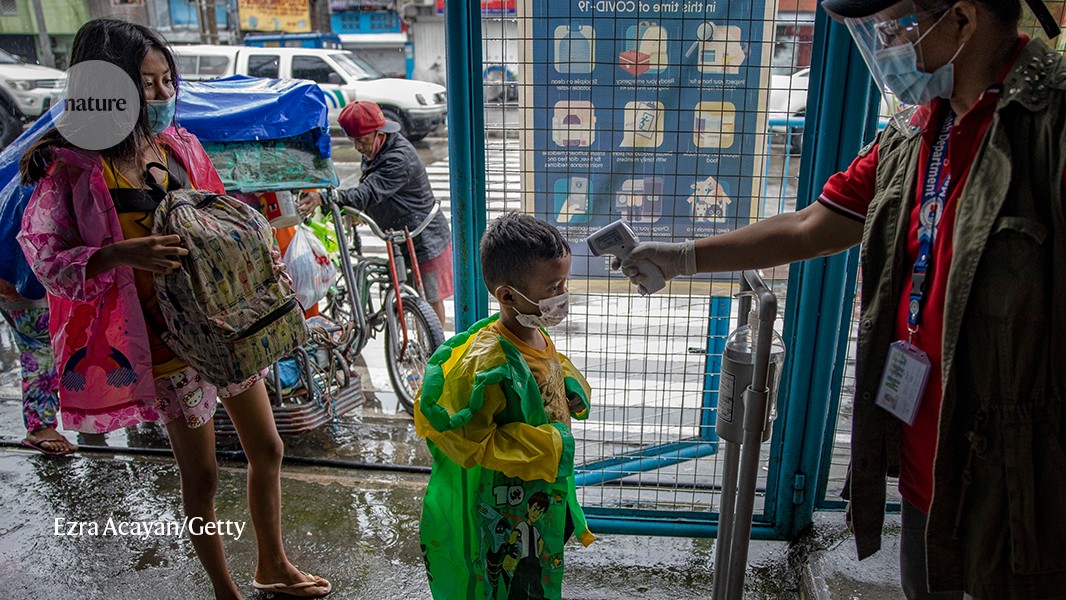MarzNC
Well-known member
- Joined
- Jul 18, 2020
For the week of August 15, Alpha was 0.2% with a range of 0.0% to 0.7% while Delta was 98.8% with a range of 97.6% to 99.8%. So the range for the Prediction Interval was 0.7% for Alpha and 2.2% for Delta. Not sure that's really much different. But then I tend to think in round numbers. Drives my husband nuts when he asks me how much something cost at the grocery store so he can compare to a different store.So why is that one Delta variant so much higher than everything else?
Bottom line is that a most of the samples that week were Delta, well over 98%.
The genomic sample data is coming from a lot more places in August 2021 than early in 2021. In general, testing was slow to get organized in 2020. That applied to all types of testing including PCR, rapid antigen, and genomic sequencing.
Last edited:









